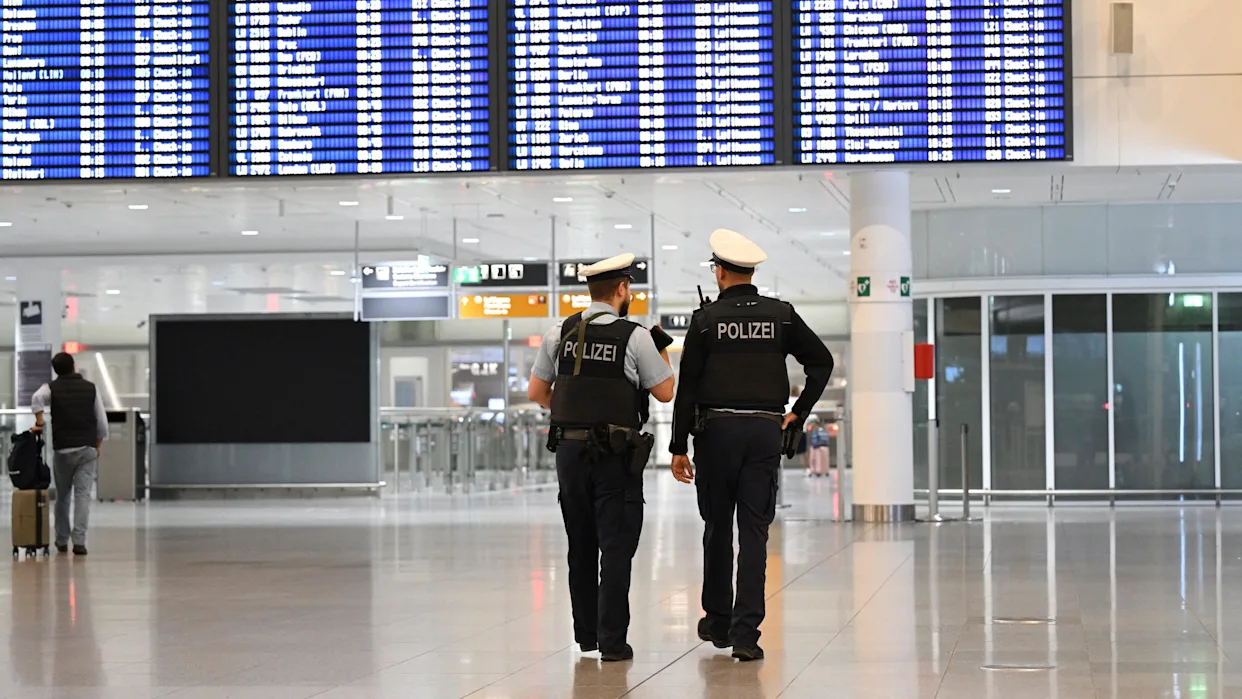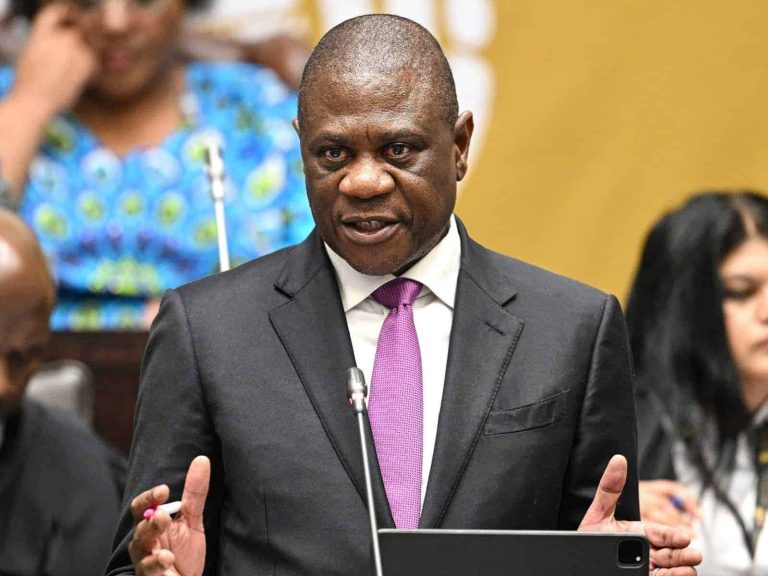
Flights have resumed at Munich Airport after unconfirmed drone sightings forced Germany’s second-busiest air hub to suspend operations twice within 24 hours, disrupting thousands of passengers and heightening security concerns across Europe.
In a statement on Friday night, airport authorities said all flights were temporarily halted around 9:30 p.m. local time (20:30 GMT) following reports of drones in nearby airspace. The disruption affected roughly 6,500 passengers and caused a ripple of delays across European routes.
Just a day earlier, at least 17 flights were grounded after multiple drone sightings triggered a similar shutdown on Thursday evening.
By Saturday morning, operations were being “gradually ramped up,” the airport confirmed, though significant delays were expected to persist throughout the day. Passengers were advised to check flight updates before heading to the airport.
European Officials on Alert as Drone Sightings Spread
The back-to-back incidents in Munich are part of a wider surge in drone activity across Europe that has disrupted civilian and military airspaces in recent weeks.
On Thursday, Belgian authorities launched an investigation after 15 drones were spotted above the Elsenborn military site near the German border. The drones reportedly crossed into Germany, where police in Düren, a small western town, also confirmed sightings.
Officials have not yet determined the origin or operators of the drones.
Germany’s Interior Minister Alexander Dobrindt said he would raise the issue of anti-drone defences during a European interior ministers’ meeting this weekend—originally scheduled to discuss migration.
He also vowed to fast-track new legislation allowing police to request military assistance to neutralise hostile drones.
Growing Concern Over Cross-Border Airspace Violations
Recent drone incursions have stirred unease among EU leaders, prompting an emergency summit in Copenhagen earlier this week.
Several member states, including Germany and Poland, have endorsed a plan to develop a “drone wall”—a network of detection, tracking, and interception systems designed to counter aerial threats, particularly from Russian drones.
The move comes after 20 Russian drones reportedly crossed into Poland, and Russian MiG-31 fighter jets briefly violated Estonian airspace in separate incidents.
Meanwhile, Copenhagen and Oslo airports were both temporarily closed in recent days following unidentified drone sightings near their airspaces.
German Chancellor Friedrich Merz warned ahead of the Copenhagen summit that airspace incursions were escalating, adding it was “reasonable to assume the drones are coming from Russia.”
Moscow Dismisses Accusations
Russia has denied involvement, with President Vladimir Putin mocking the allegations during a summit in Sochi on Thursday.
“I won’t do it again — not to France, not to Denmark, not to Copenhagen,” Putin said, laughing off suggestions he ordered drones into European airspace.
While European officials have yet to produce evidence linking Moscow to the incidents, the repeated disruptions have intensified pressure on EU governments to bolster aerial defences and coordinate intelligence sharing amid rising geopolitical tensions.



